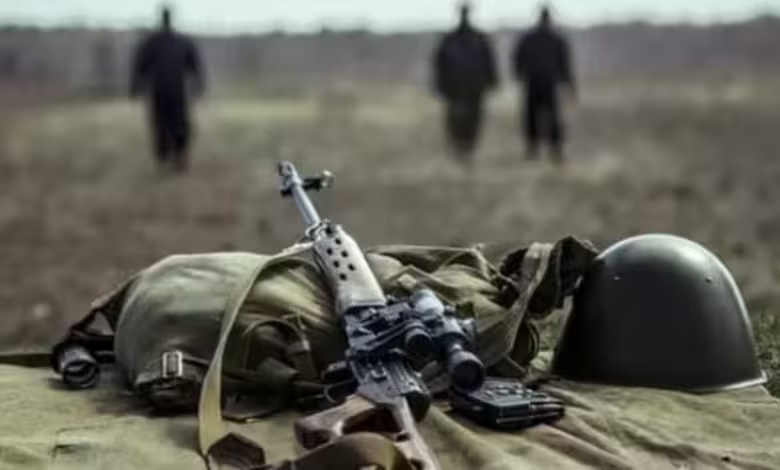The attention of foreign media is focused on Moscow: will it agree to a ceasefire

After Washington and Kyiv agreed on a joint proposal for a ceasefire, all eyes of the world turned to Moscow. Will the country that started this war agree to stop the bloodshed? Already this week, a high-ranking delegation from the USA is to arrive in Moscow for key negotiations. Meanwhile, Vladimir Putin visited the front line in Kursk, where Russian troops are trying to regain control of the lost territories. The world is carefully watching the development of events, realizing that the current moment can become decisive for the further course of history. Is Moscow ready for a compromise, or is this just another attempt to buy time? The world mass media are trying to find an answer to this question.
Kurier – Austria. According to the Viennese Kurier, only the US president is capable of teaching the Kremlin ruler:
“Is it really up to the Russians now, – as the US Secretary of State Marco Rubio stated? From a military point of view, Vladimir Putin will hardly have reasons to agree to a truce now. So, it’s up to Donald Trump. Only he can put pressure on Putin so that he agrees to an unprofitable – in his eyes – truce. There is also the Kellogg plan, according to which Ukraine is filled with American weapons – or the idea of economic sanctions against Russia, which will primarily affect Russian oil and gas exports. Putin will go as far as he will be allowed, and so far Trump is allowing him.”
https://www.eurotopics.net/kurz/nfi
The Daily Telegraph – Great Britain. Now the USA and Europe should increase the pressure on Moscow, – London’s The Daily Telegraph believes:
“Part of that pressure can be brought to bear by providing further military aid, increasing supplies and expanding the capabilities of Ukraine’s Armed Forces. However, perhaps the most sensitive area that Western leaders can press is trade: the full range of sanctions can be extended to countries that help Putin avoid an economic meltdown, as well as finally ending Europe’s dependence on Russian gas.
… The American negotiators headed to Moscow should make it clear what the price will be for Russia if the negotiations fail to reach an agreement.”
https://www.eurotopics.net/kurz/nfj
Gazeta Wyborcza – Poland. Moscow also needs an agreement – Warsaw’s Gazeta Wyborcza believes:
“The mood is pessimistic, because Russia needs peace. In conditions of war, its economy suffers from a kind of autoimmune disease. In the fierce competition for labor, resources and finances that has developed between the “front” and civilian sectors of the economy, it is the latter that loses, and this is increasingly reflected in the standard of living of the population.”
https://www.eurotopics.net/kurz/nfl
El Mundo – Spain. Madrid’s El Mundo advises not to be naive:
“Ukraine had little room for maneuver, and it decided to choose the best of the options, namely – to use Trump’s power to its advantage. Having unconditionally accepted his plan, Ukraine is forcing the American administration to engage in the destruction of Moscow. Trump risks his image as an all-powerful world leader. However, here you need to be guided by the principle of “trust, but verify.”
… Russia can use the truce to buy time and gain a foothold in the territories occupied by it. Moscow may well use the deal as a trap to bolster its military — and regain the world standing it lost after the invasion.
… Putin can again violate all agreements – this is exactly what he did with the Minsk agreements when he attacked Ukraine in 2022.”
https://www.eurotopics.net/kurz/nfm
Ilta-Sanomat – Finland. The positions of Russia and Ukraine are still very far from each other, reminds Ilta-Sanomat of Helsinki:
“The main question, perhaps, is what Russia will demand from Ukraine directly during the peace negotiations. The demands will clearly be tough and, among other things, imply the relinquishment of territories.
…Putin, as before, is trying to subordinate Ukraine to his interests and to keep the territories he has already captured. President Volodymyr Zelenskyi, in turn, on Wednesday clearly drew a red line, which he marked as his main demand at these negotiations: Ukraine will never recognize the occupied territories as part of Russia. That is, the positions of the conflicting parties are very far from each other.”
https://www.eurotopics.net/kurz/nfn





